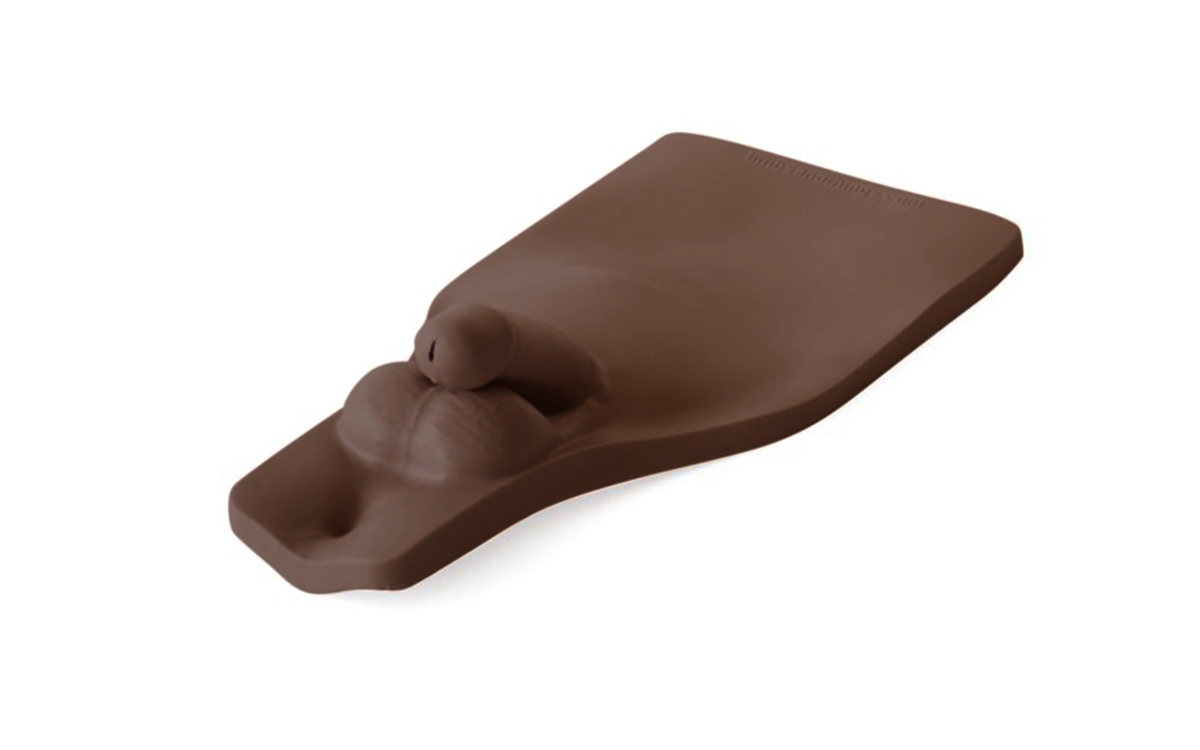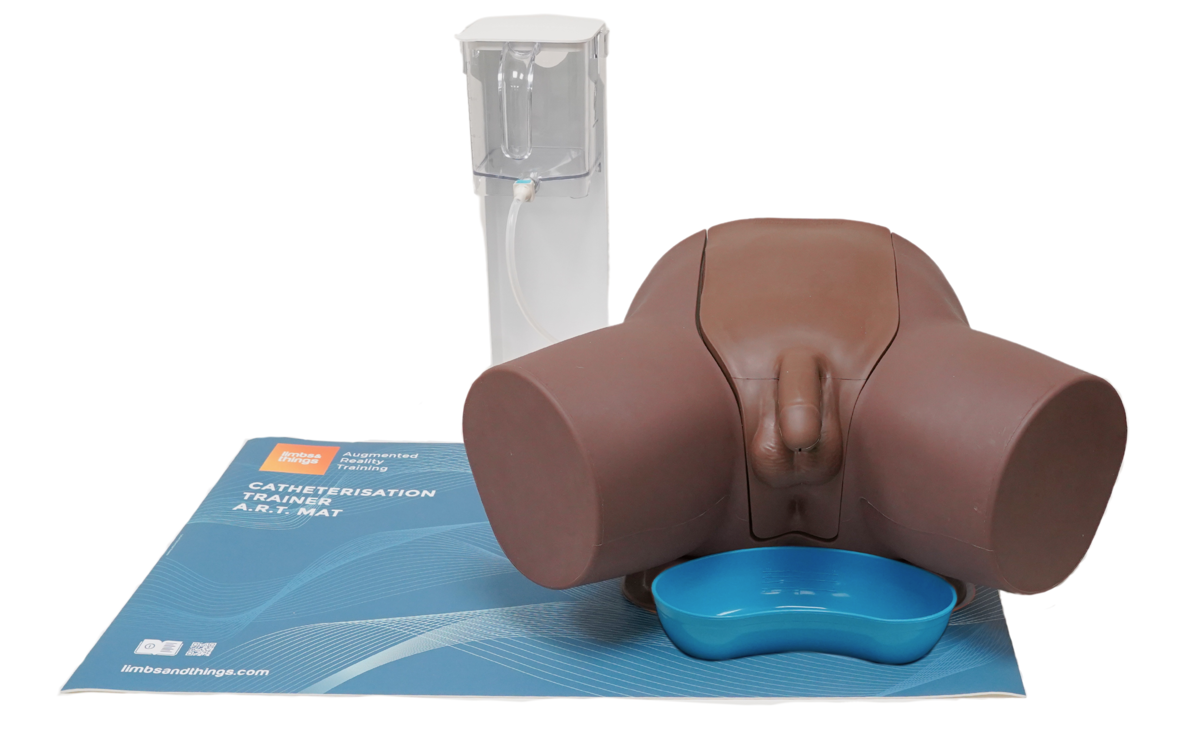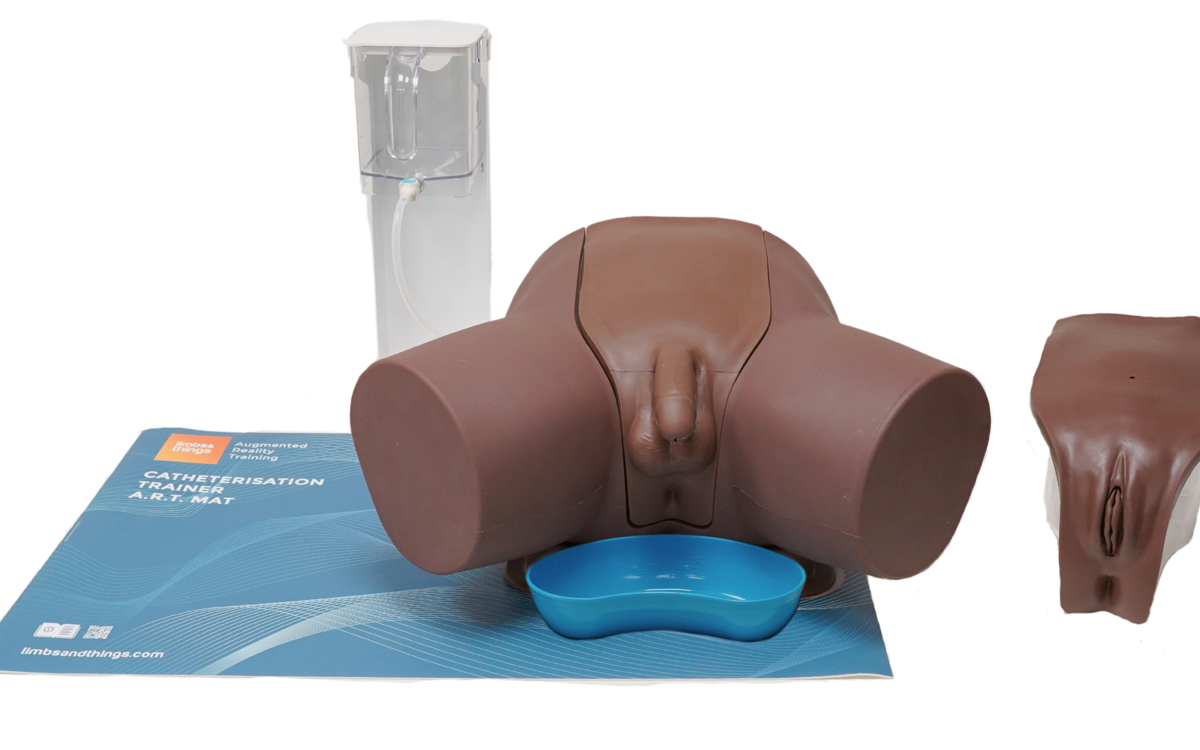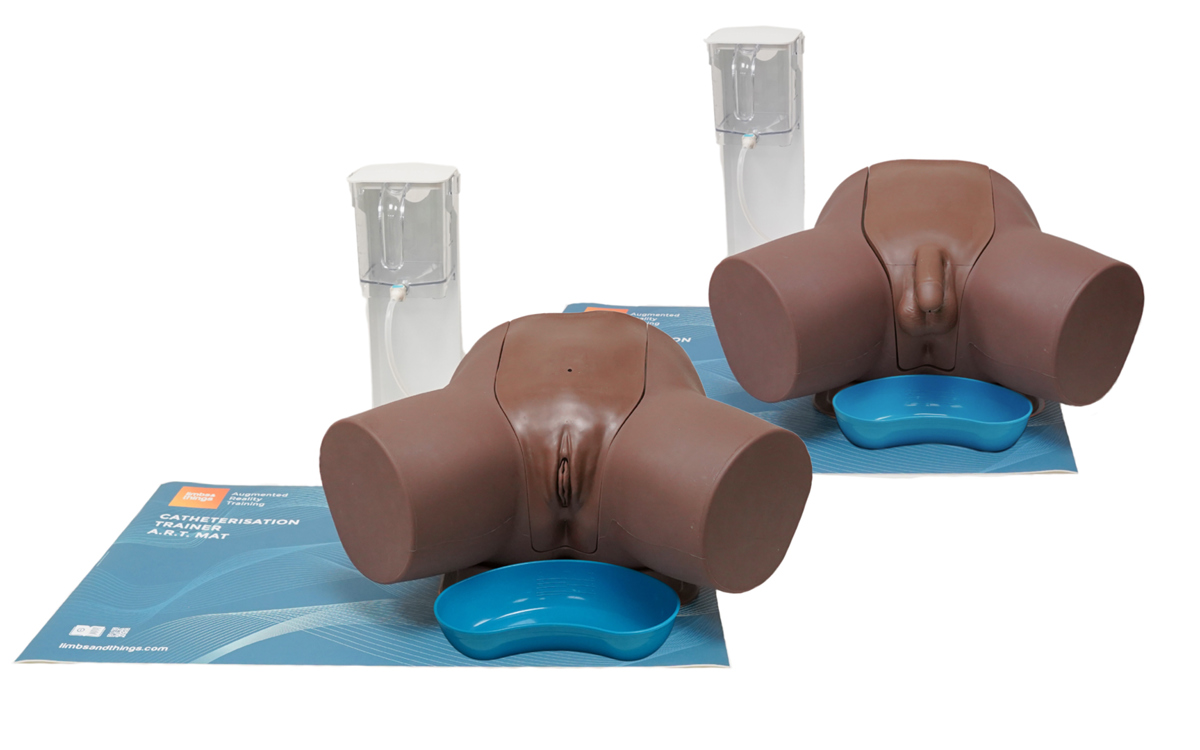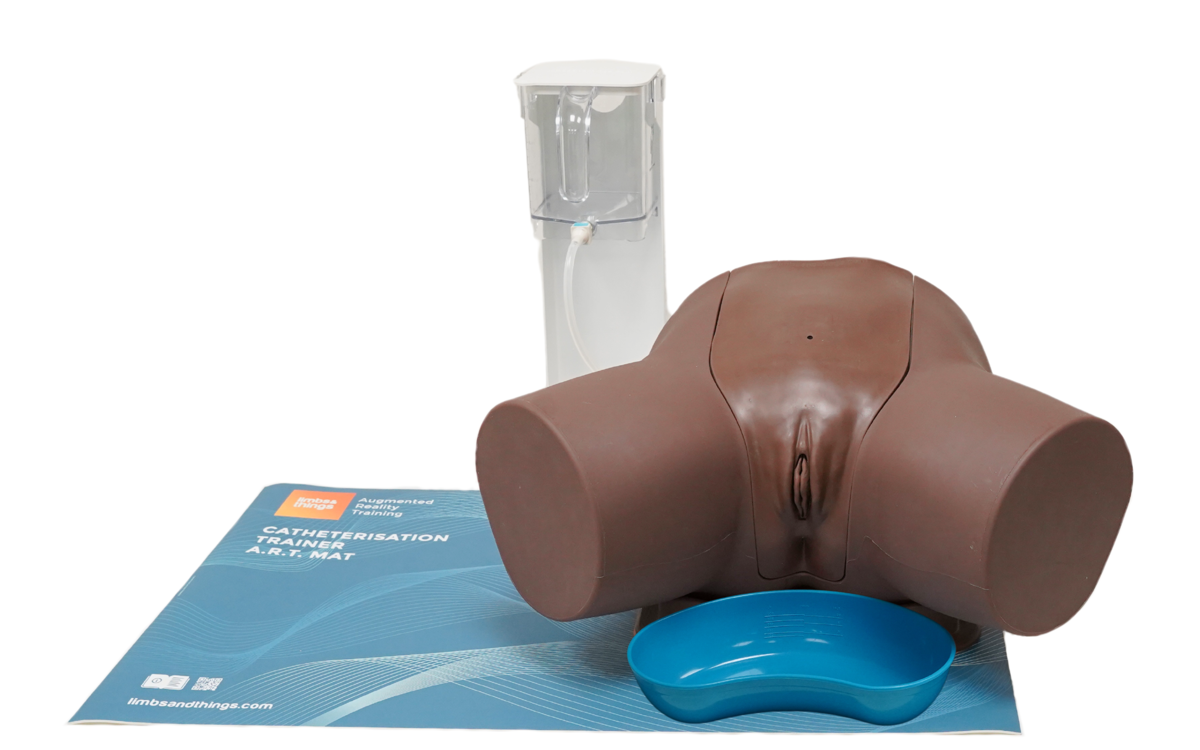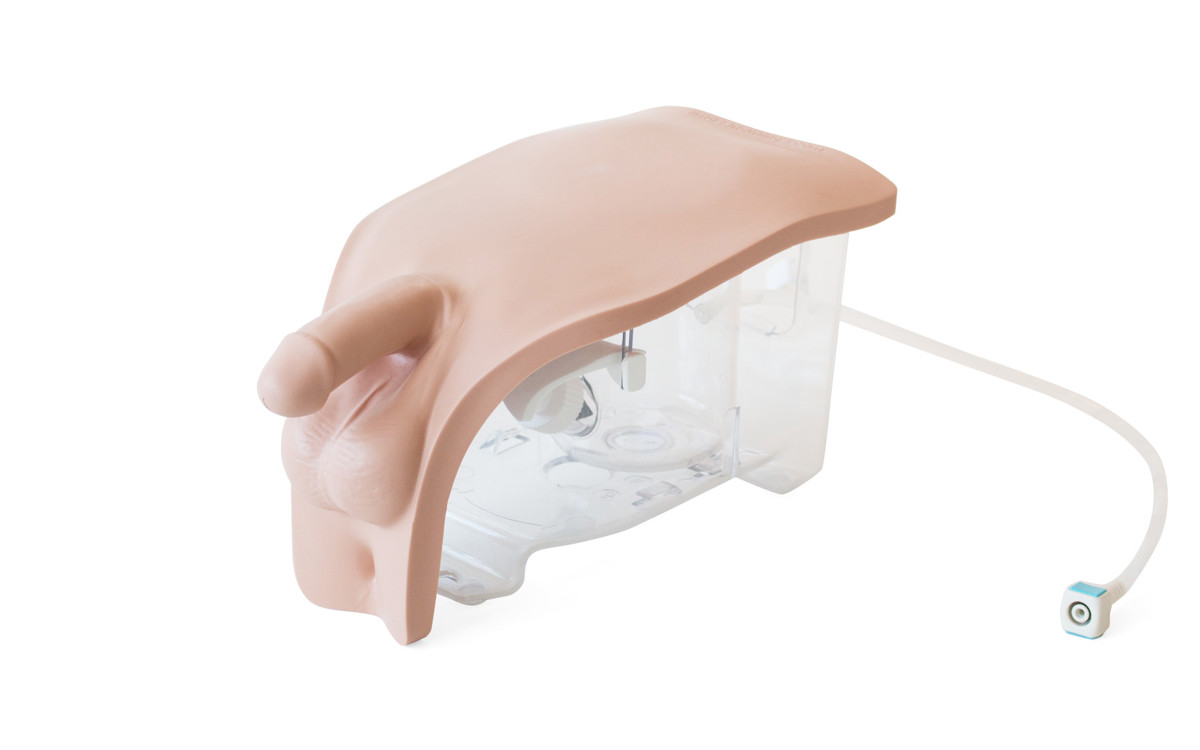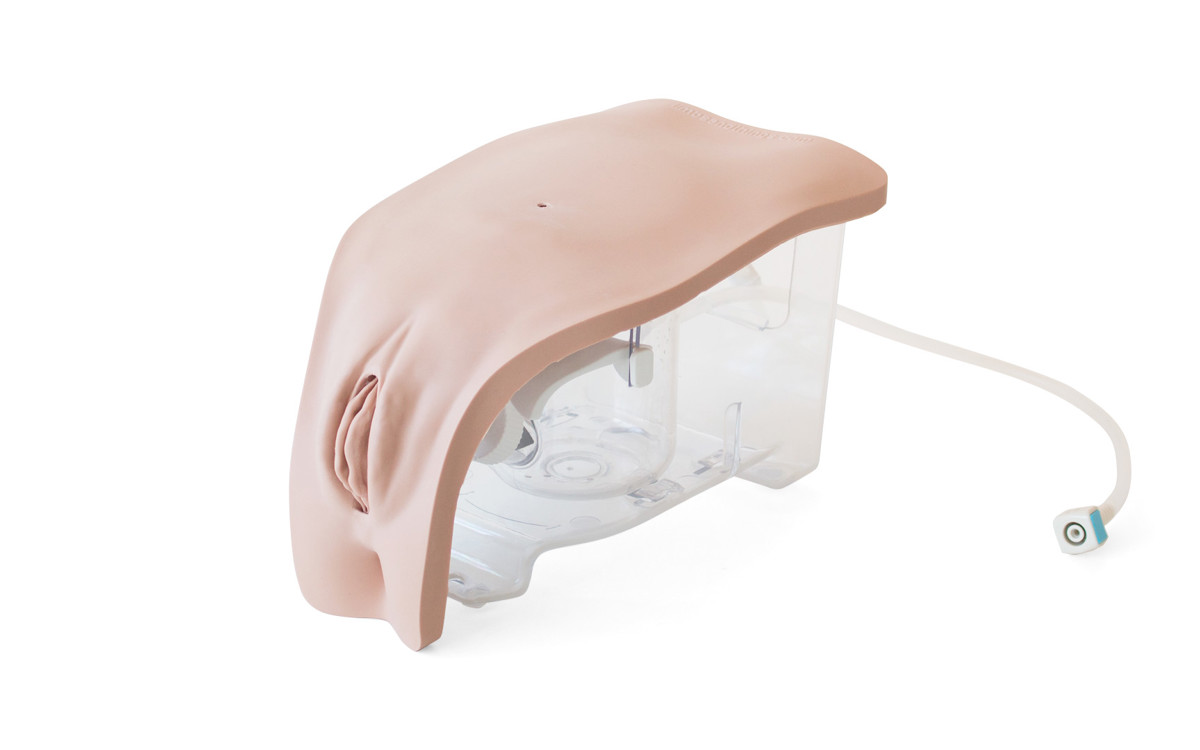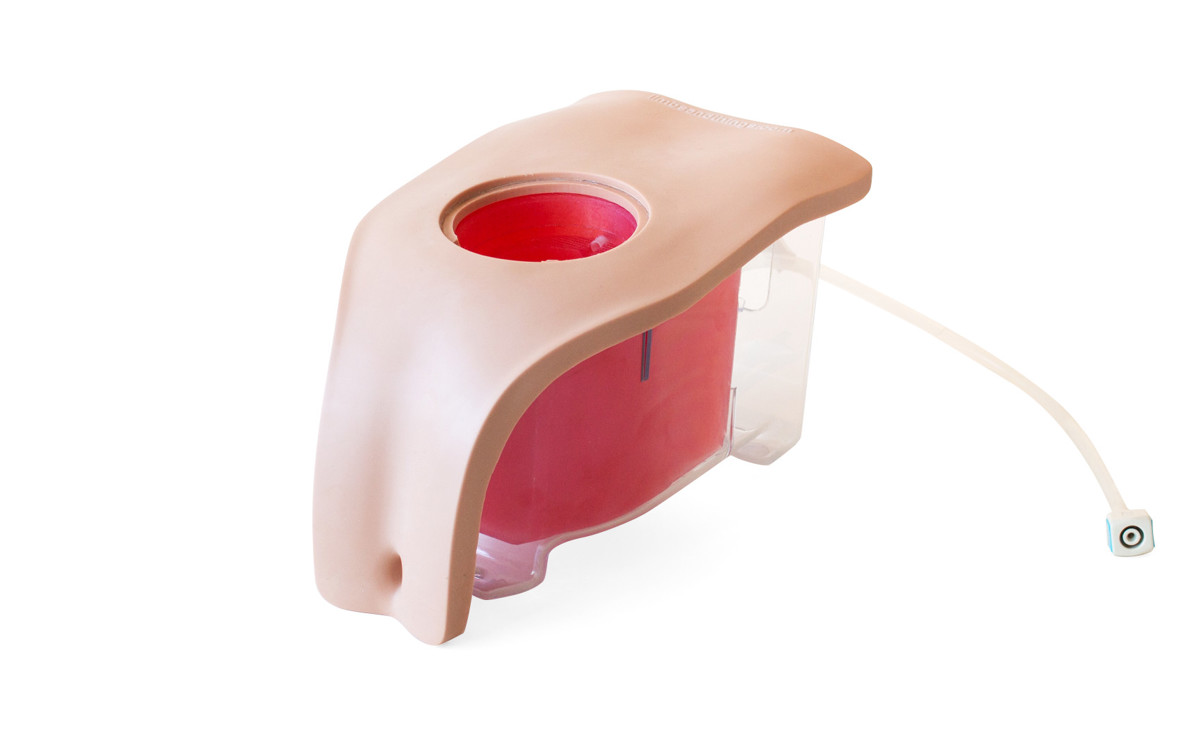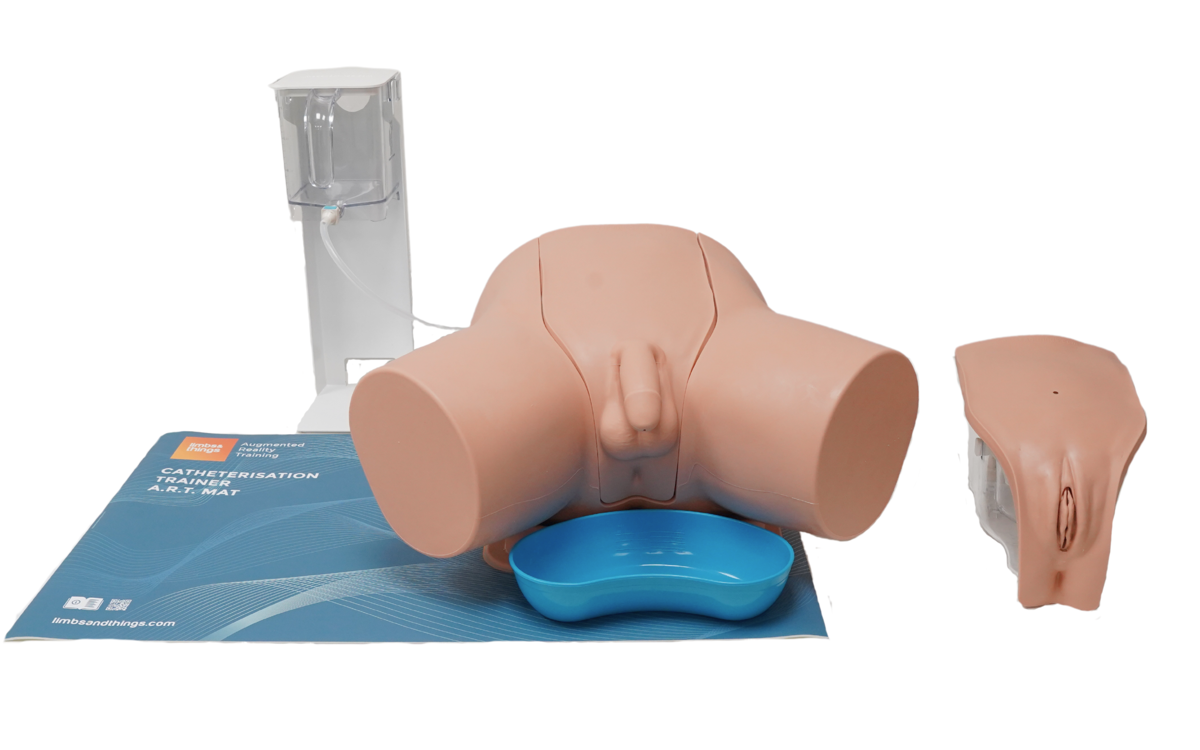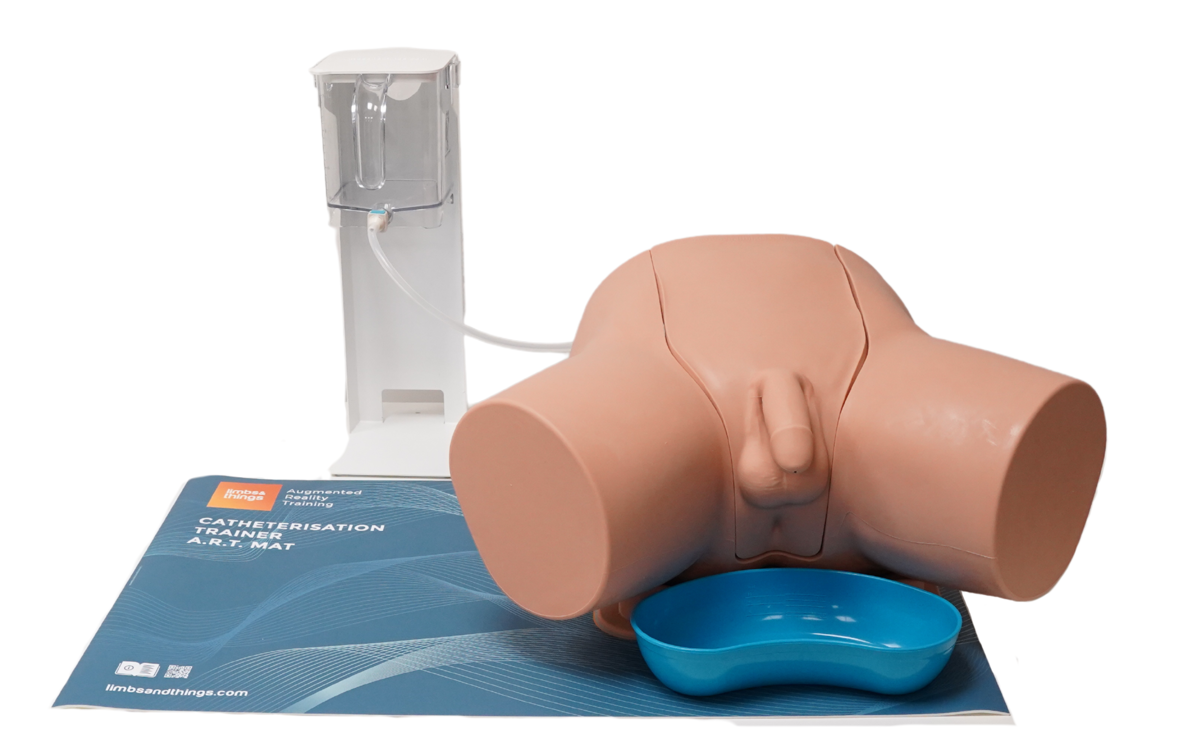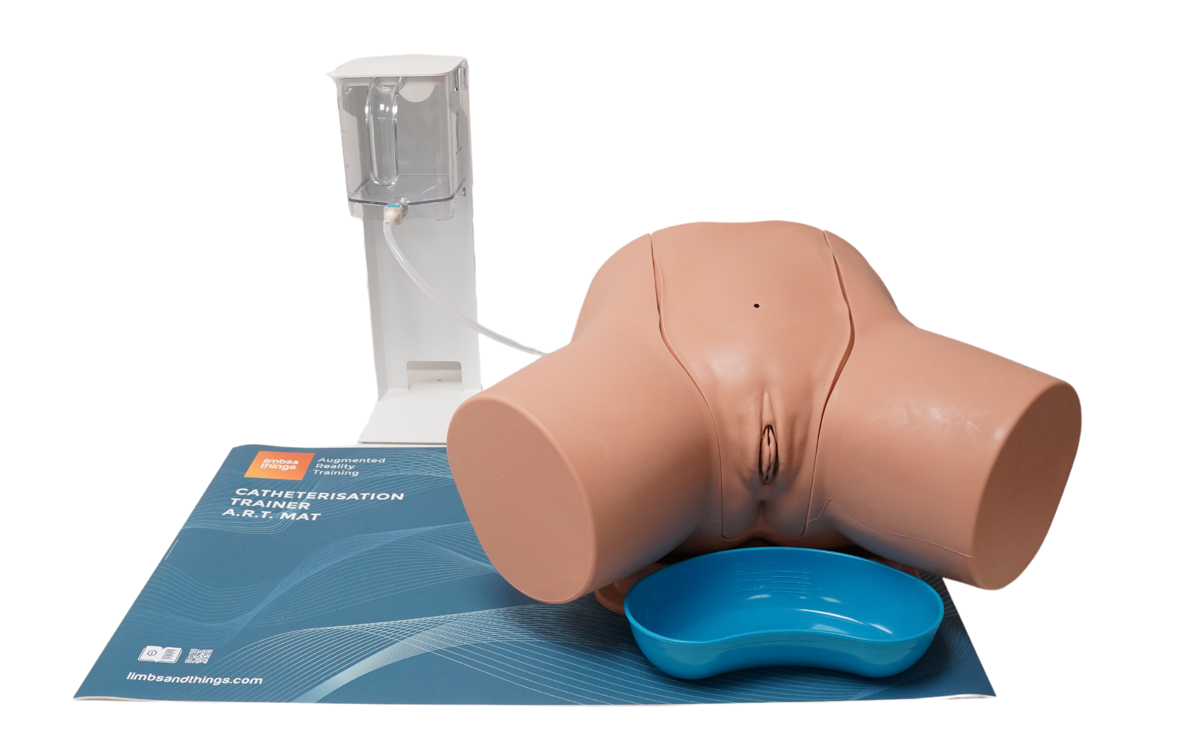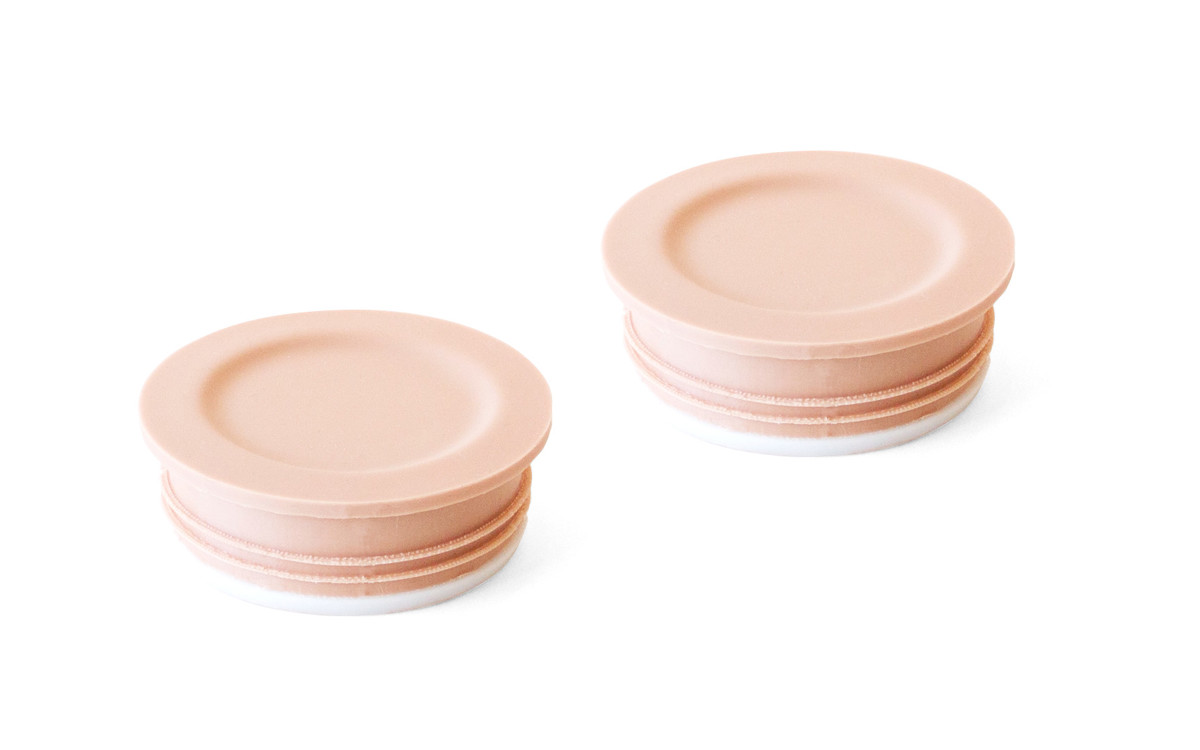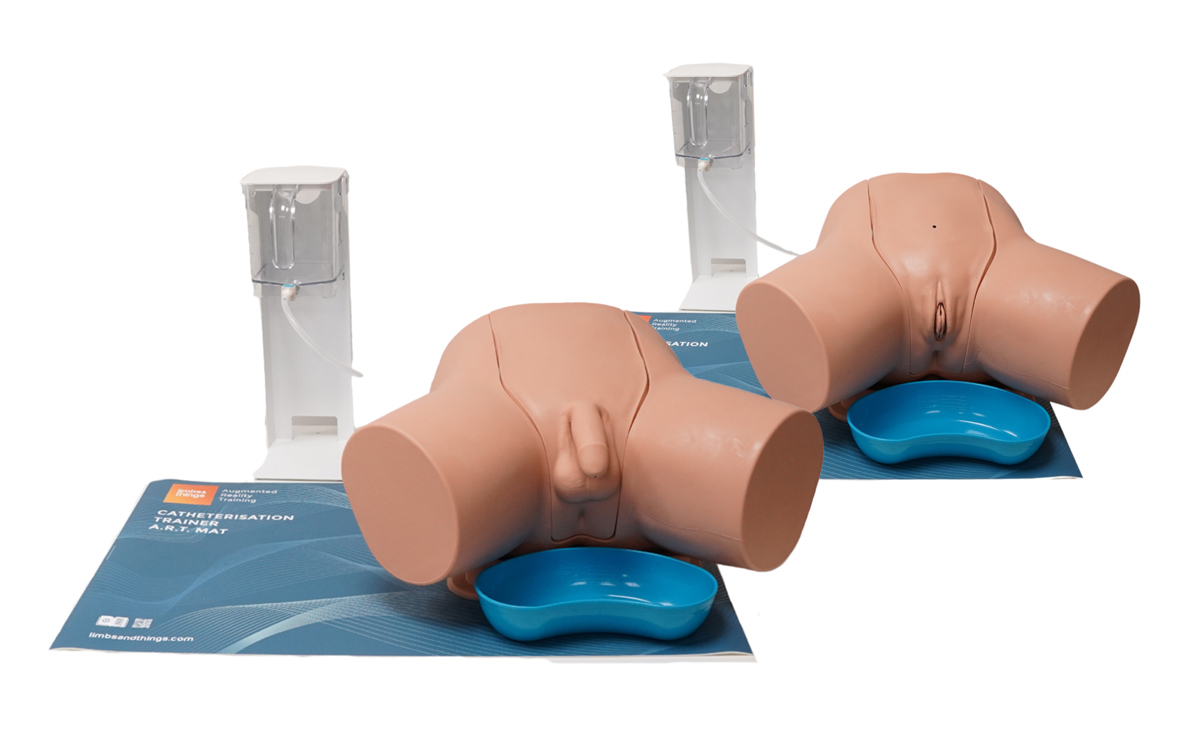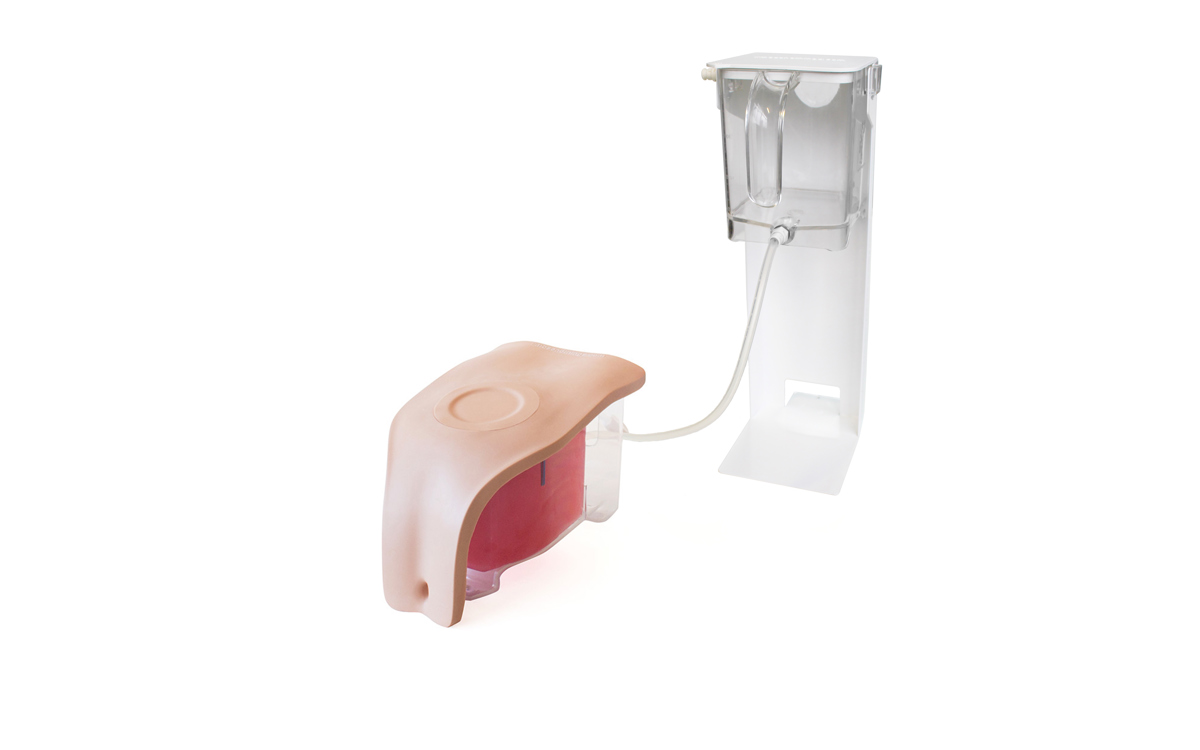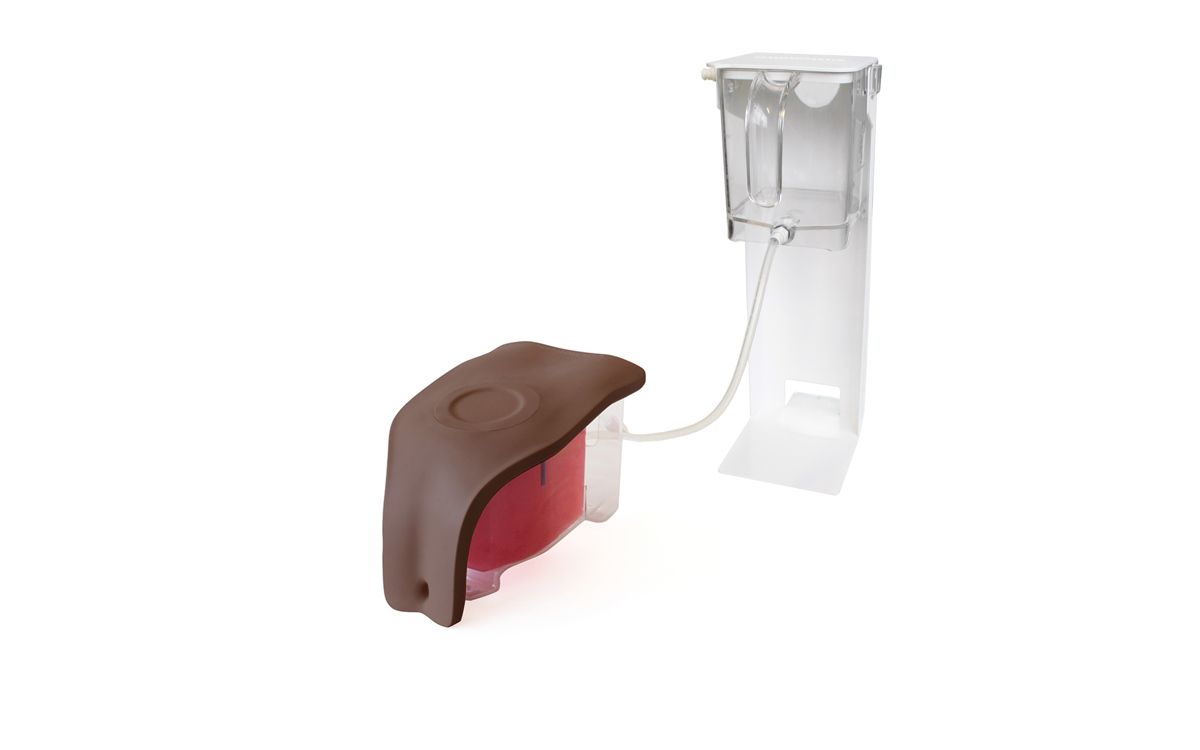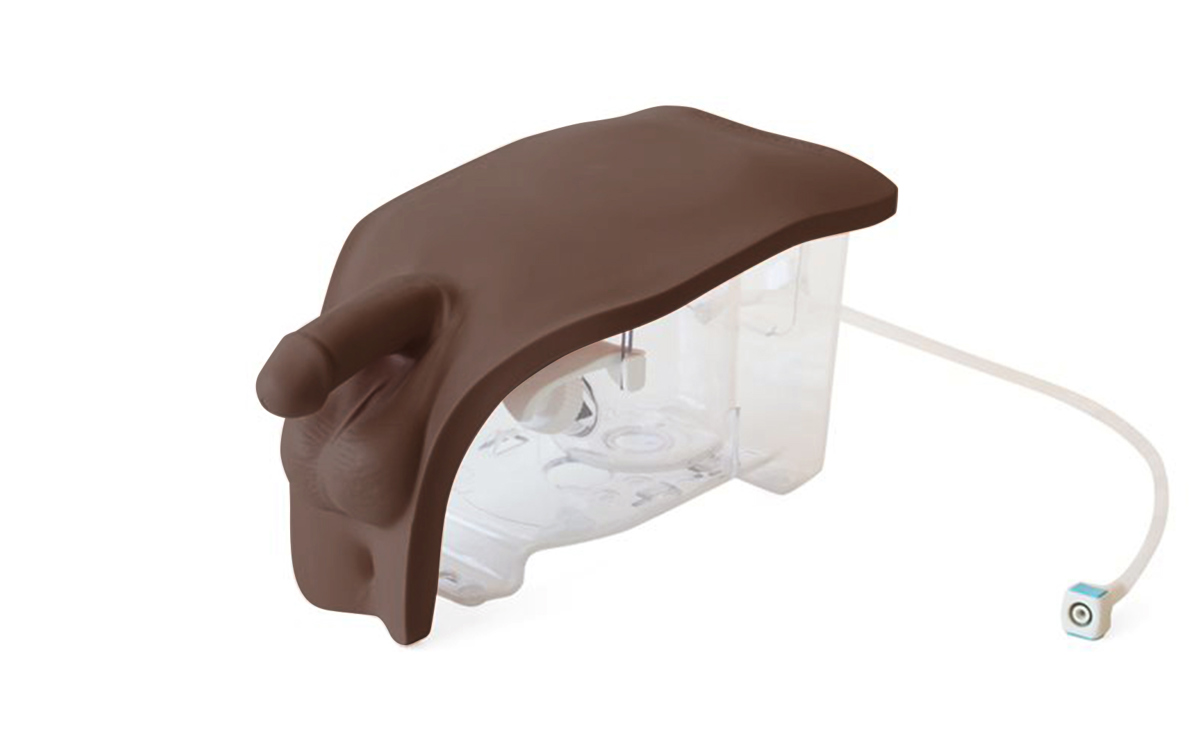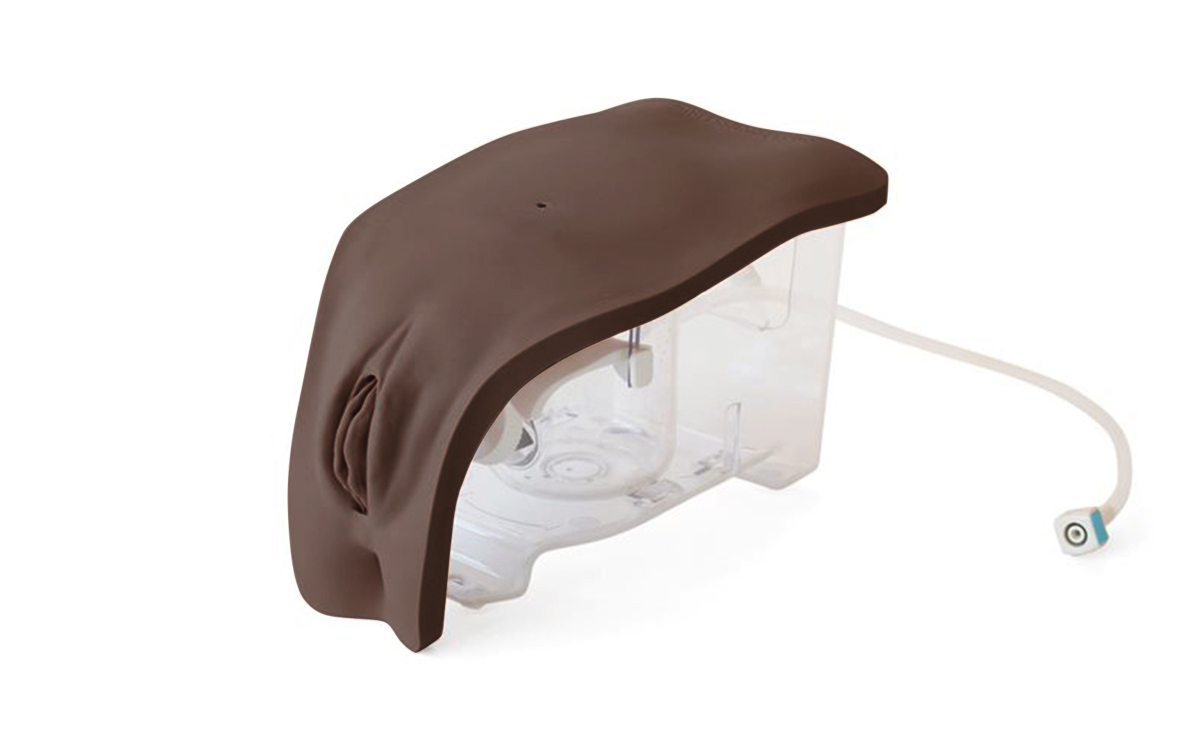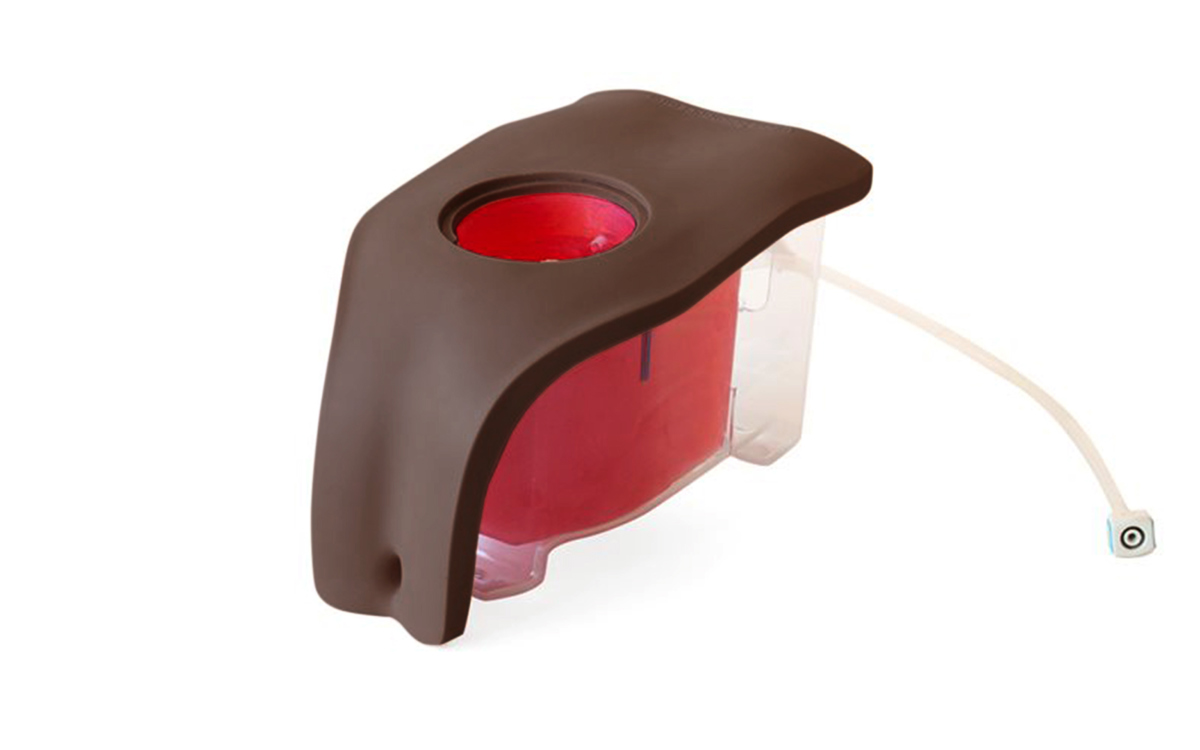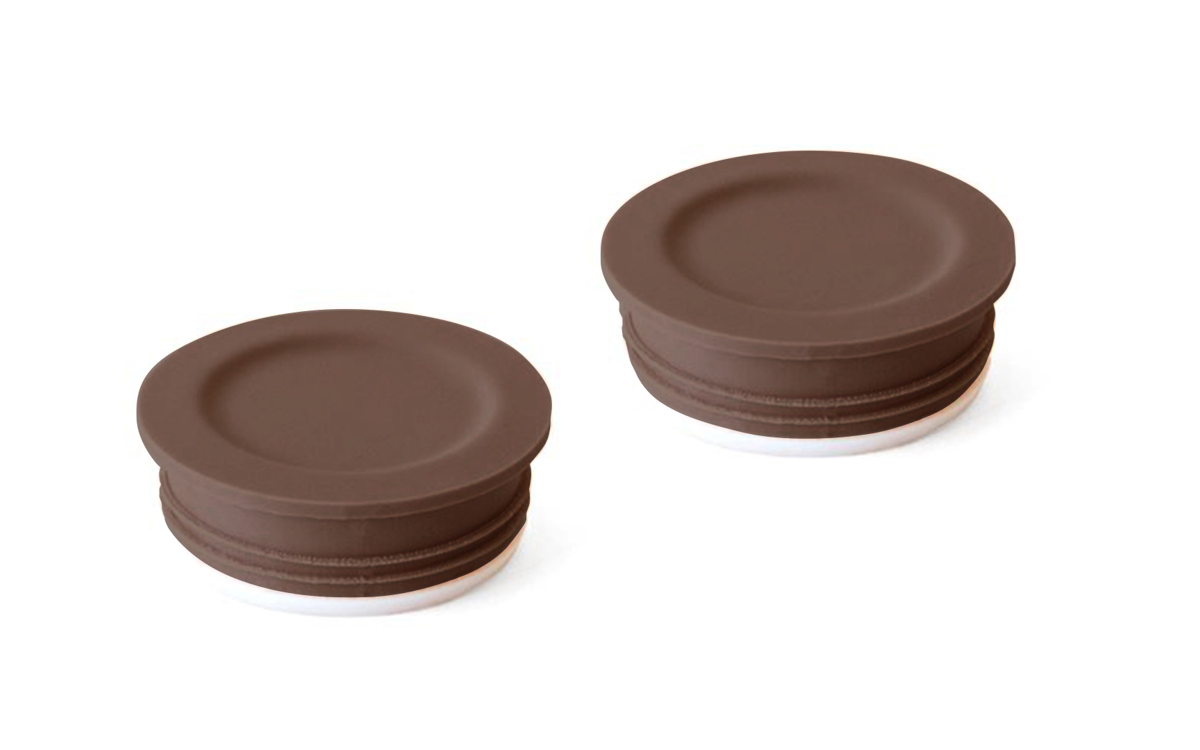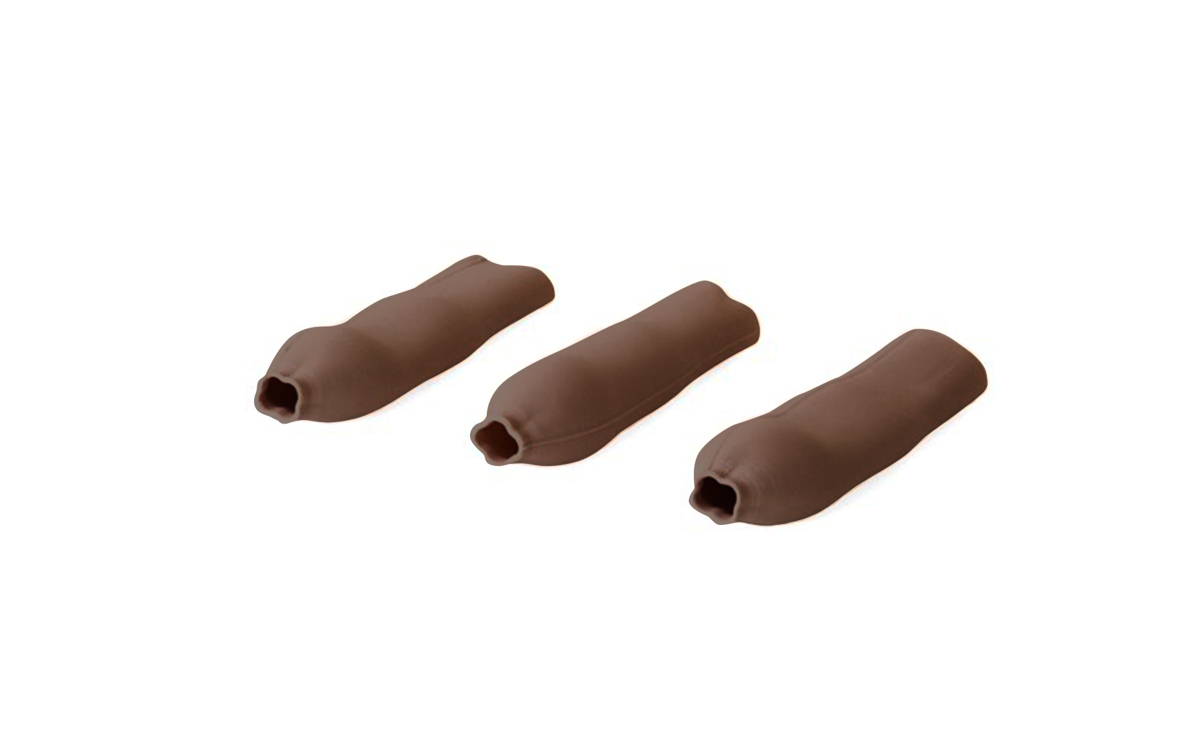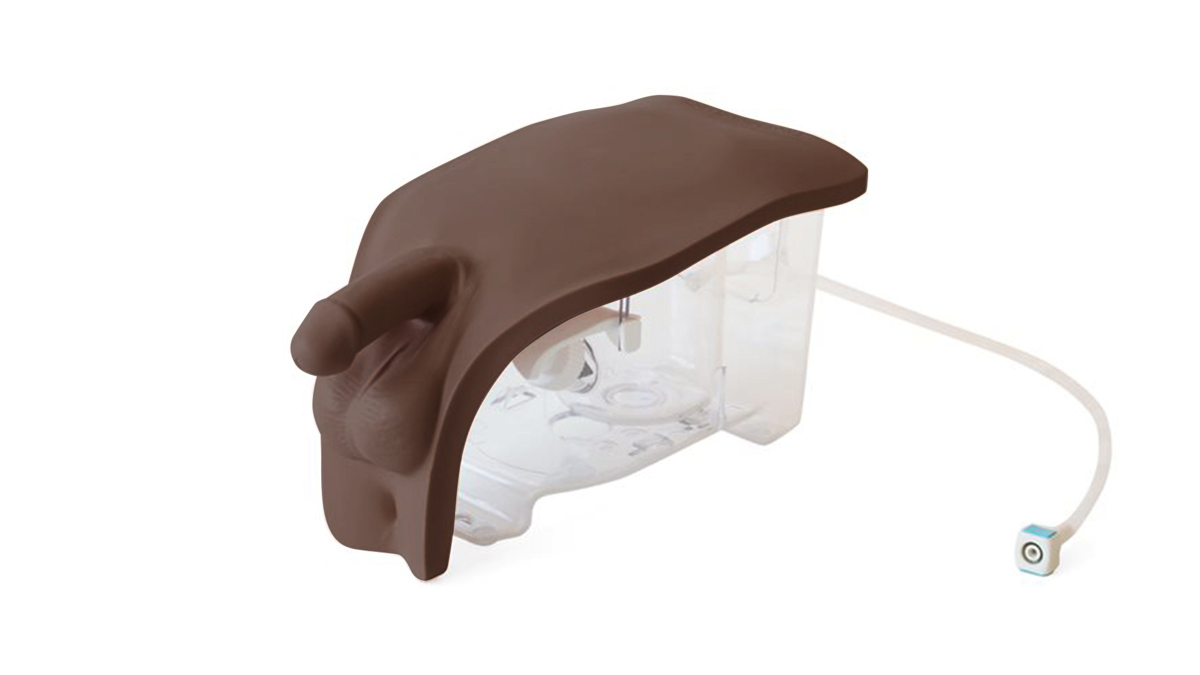
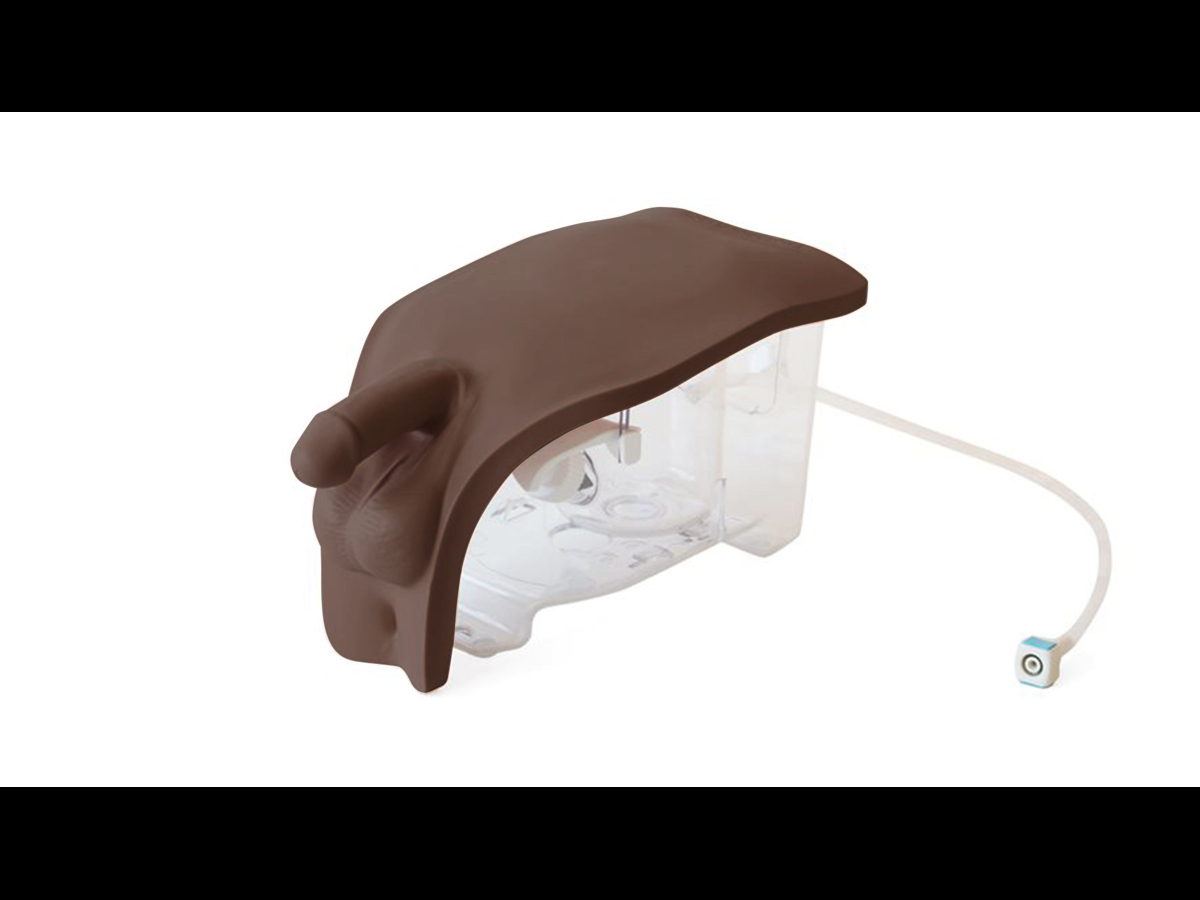

Male Catheterization Module (Dark Skin Tone)
Skin Tone
Male module for Male Catheterization Trainer, Standard Catheterization Trainer and Advanced Catheterization Trainer.
This product is available in both a dark and light skin-tone.
Realism
- Supple urethra and resistant sphincter providing realistic response
Versatility
- Ability to view catheter path
- Non-drip valve
Cleaning
- Skin surface is washable using soap & water
Safety
- Product is latex free (catheters provided contain latex)
Anatomy
- Male anatomy: pubic bone, realistic meatus, flaccid penis, replaceable and removable foreskin
Skills Gained
- Correct handling of male anatomy
- Aseptic catheterization technique
- Withdrawal of catheter
- Urinary catheterization
- Fluid management
Product Contains
References
COLLEGE OF EMERGENCY MEDICINE Curriculum and Assessment Systems For Core Specialty Training (2012) p.114 and p.252 CMP3 Major Trauma Be able to undertake safe urinary catheterisation C3AP9 Urinary retention • Be able to relieve symptoms by passage of a urethral catheter • Be able to insert a supra-pubic catheter
"Practical Skills and Procedures, General Medical Council, April 2019, p.6 Therapeutic Procedures 20. Carry out male and female urinary catheterisation. Insert a urethral catheter in both male and female patients"
RCN Catheter Care Guidance for Health Care Professionals, Feb 2019 3. Competence (p.10) …have the relevant skills and abilities and to maintain competence requirements – you must regularly practise these skills; performing procedures once or twice annually, is not acceptable to maintain competence.
The Intercollegiate Surgical Curriculum, General Surgery, Jul 2013, p.63: Technical Skills and Procedures: Urethral catheterisation, Suprapubic catheterisation
Specialist Training in Trauma and Orthopaedics Curriculum August 2015, p.201 Technical Skills and Procedures • Urethral catheterisation • Suprapubic catheterisation
Future nurse: Standards of proficiency for registered nurses, 2018, p.35
Competence and Curriculum Framework for the Physician Assistant, 2012, 2.4 Specification of core procedural skills.
ISCP Urology Syllabus, August 2010, p.25.
Intensive Care Medicine Syllabus Part III, Assessed by Direct Observation of procedural Skills [DOPS] and examination, 2014, p. 3.
Foundation Programme Curriculum, 2012, updated for 2016, Procedures, p.50.
Specialist Training in Trauma and Orthopaedics Curriculum August, 2014, p.228, 232.
Catheter Care Guidance for RCN Nurse, Second Edition, 2012, p.51.

